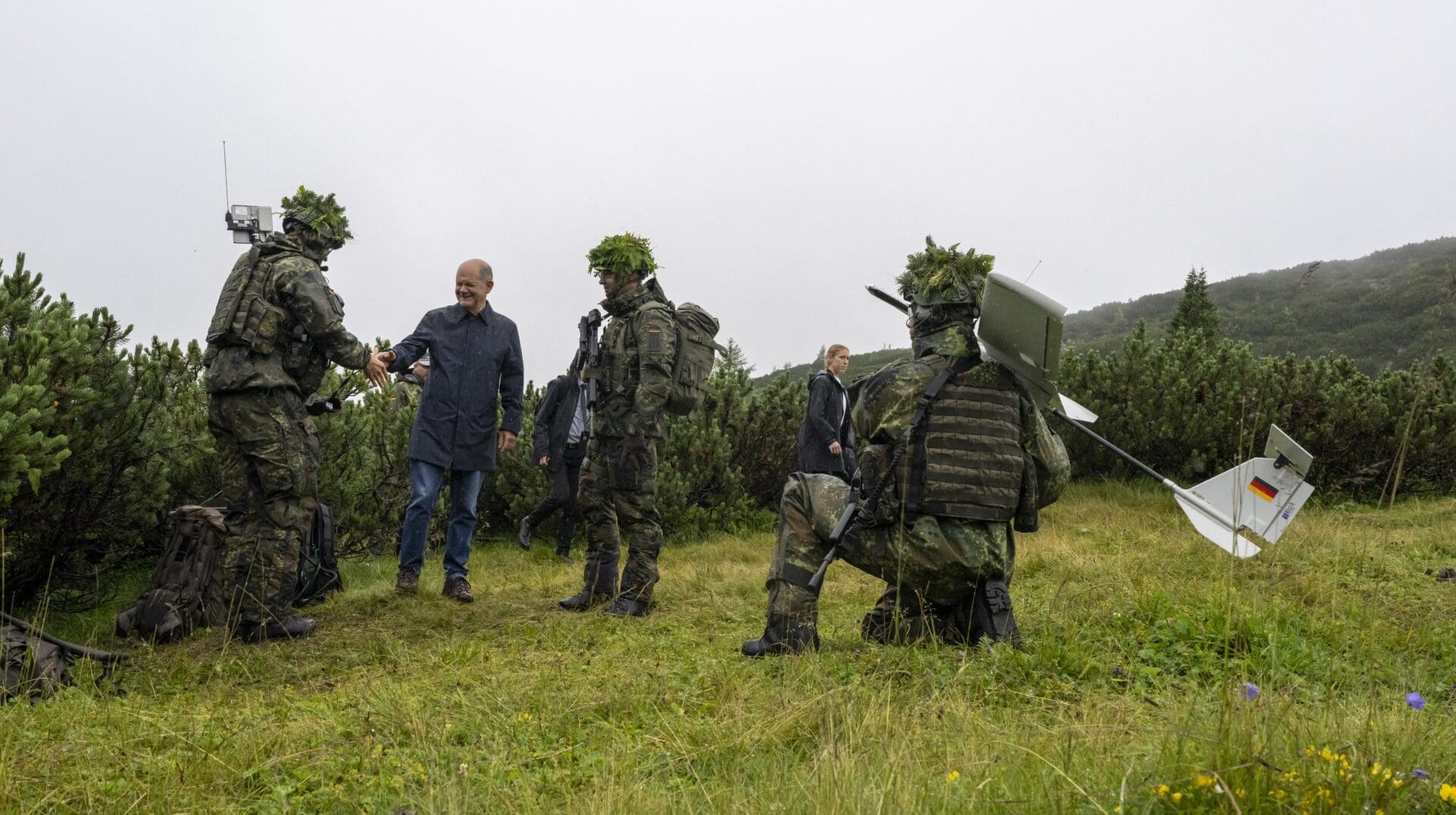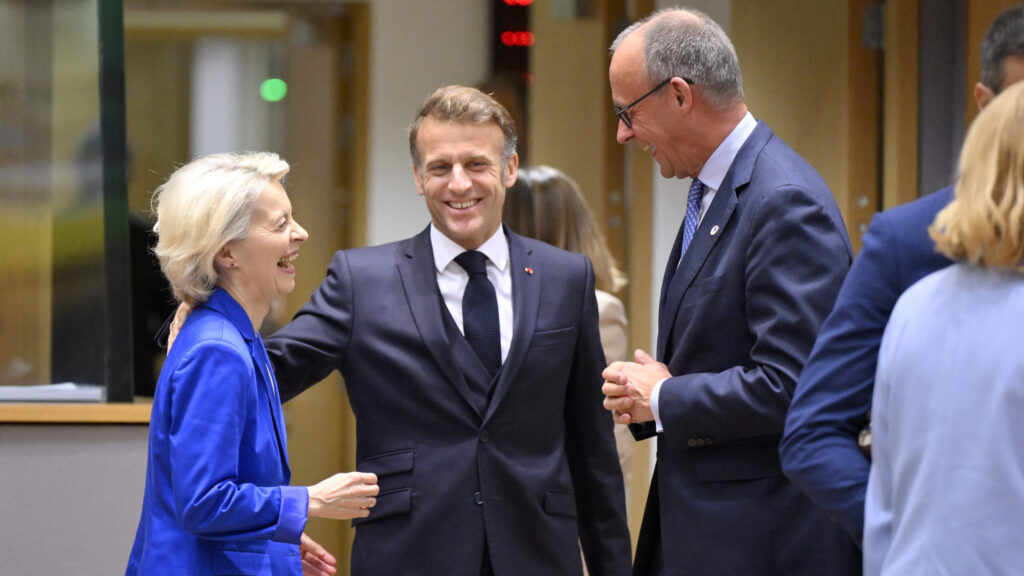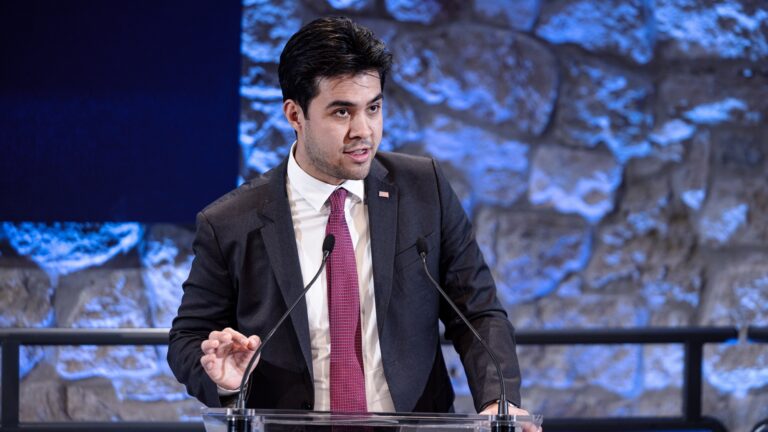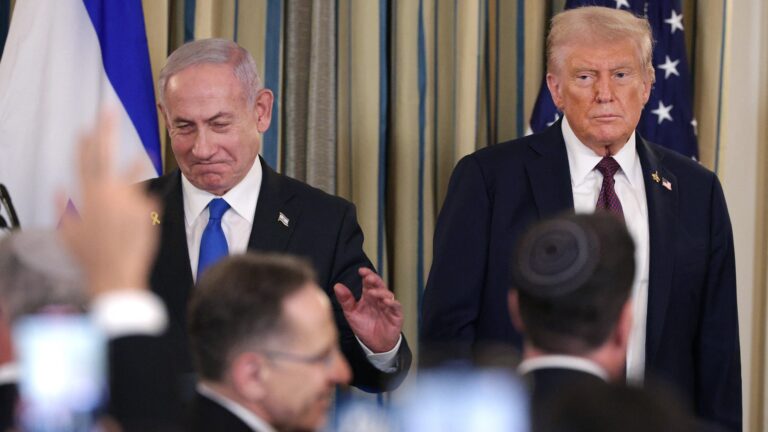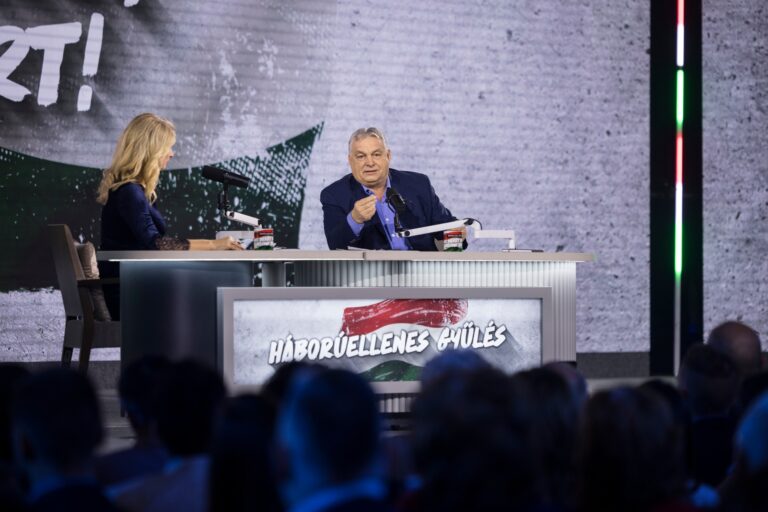Germany’s ruling coalition has reached a critical agreement on the 2025 budget and a mid-term financial plan, underscoring the government’s strategic priorities amid mounting economic and geopolitical pressures. The approved budget signals a significant shift in funding allocation, particularly affecting Germany’s defence spending and foreign aid, notably to Ukraine.
The 2025 budget, detailed in a draft seen by Reuters, outlines a notable reduction in military aid to Ukraine, cutting it by half compared to previous years. Money allocated to support partner countries—a section of the budget that typically includes support for Ukraine—will be cut to 4 billion euros ($4.4 billion) in 2025, down from 7.5 billion euros allocated in 2024. This decision comes despite the ongoing conflict and Ukraine’s pressing need for support against Russian aggression.
Germany has provided substantial financial support—more than 33.9 billion euros to date—to Ukraine,
making it the second-largest provider after the United States.
Berlin has also reiterated its support for Kyiv’s war against Russian aggression, vowing to continue ‘as long as it takes’.
However, the German armed forces’ stocks were already inadequate due to decades of underfunding and were further reduced by arms shipments to Ukraine. For example, Berlin has donated three Patriot air defence units to Kyiv, bringing the total number of Patriot systems in Germany to nine.
The decision to cut aid to Ukraine has sparked debate within the coalition and among Germany’s allies. Critics argue that reducing support could undermine Ukraine’s ability to resist Russian advances and send a troubling signal about Germany’s commitment to European security. Proponents of the budget, however, contend that Germany must first ensure its own economic stability and security before extending further aid.
Germany’s economy, like many in Europe, is grappling with the aftermath of the COVID-19 pandemic, the energy crisis precipitated by the war in Ukraine, and inflationary pressures. Finance Minister Christian Lindner emphasized the need for budgetary discipline, stating that the current economic conditions necessitate a prudent approach to public spending.
Defence Spending Reallocation
Germany’s defence spending will also experience a broader reallocation of resources. The draft budget, set to be approved by Germany’s parliament in December, plans to increase defence expenditure. However, critics argue that the modest increase in military spending would not enable Germany to fulfill its promises to NATO, let alone bring about the pivotal shift Chancellor Olaf Scholz has promised.
Shortly after Russia’s all-out war in Ukraine, Chancellor Olaf Scholz argued that Russia’s war brought a historic turning point, a ‘Zeitenwende’ for Europe, and
vowed to overhaul Germany’s military with a 100-billion-euro special fund until 2027.
Although under the ‘Zeitenwende’ Berlin has pledged to meet NATO’s target of 2 per cent of GDP spent on the military, this goal is being met through the 100-billion-euro special fund, outside the regular budget.
‘The funds in the planned defence budget are not at all sufficient to make the Bundeswehr ready for defence again,’ Roderich Kiesewetter, a former colonel who now sits in the Bundestag for the Christian Democratic Union, highlighted.
The budget cut has also come under criticism internationally amid growing fears that Donald Trump’s possible return to the White House in November could change cohesion within NATO and put more pressure on Europe to defend itself and assist Ukraine.
Related articles:

